Discover financial empowerment resources
Discover financial empowerment resources
The affordable housing crisis in Canada creates many challenges for millions of people trying to find a place to live that they can afford. For many marginalized renters, discrimination presents additional barriers making it even harder for them to find a home. To better understand these...

The Working Centre in Kitchener-Waterloo has been dedicated to aiding marginalized populations for over 40 years. In partnership with Prosper Canada, it embarked on an initiative to connect the populations they serve to government benefits and tax filing support. Recognizing the intricate...
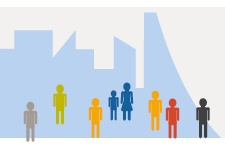
This groundbreaking initiative is aimed at transforming emergency shelter services across Canada to better uphold the rights of women and gender-diverse people. Emergency shelters play a critical role in providing immediate support, but they are often overwhelmed and under-resourced. In response...
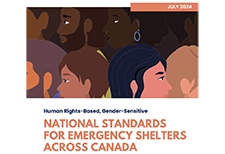
Renters across Canada are facing exorbitant rental housing costs, driven by excessive rent increases and the loss of affordable homes. Many renters are left with so few housing options that they can afford, leaving them vulnerable to “economic eviction,” or being forced to live in a home that...
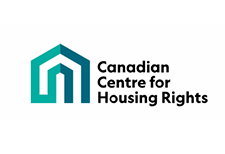
In response to Canada's Anti-Racism Strategy, Statistics Canada's Centre for Gender, Diversity and Inclusion Statistics is releasing a second set of five data tables on social inclusion. Over 20 new indicators, for a total of over 120 indicators, can now be used to examine various...

This collection of financial empowerment tools and resources is intended to support both Indigenous and non-Indigenous organizations working to build financial wellness in First Nation communities. It was created as part of the Financial Wellness in First Nations project (2021-2023) where...
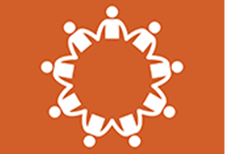
Statistics Canada's Centre for Gender, Diversity and Inclusion Statistics has released an enhanced data table on the topic of core housing need. These statistics will be used by the Gender Results Framework, a whole-of-government tool designed to track gender equality in Canada. Using data from...
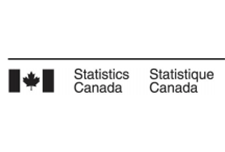
This report presents the findings of extensive research about employable singles on social assistance undertaken by Toronto Employment and Social Services, in partnership with the Ontario Centre for Workforce Innovation. Drawing on data from 69,000 singles who were receiving social assistance in...

This report highlights mostly B.C.-based research and includes key information, facts, and statistics to answer common questions that neighbours, local government, and other stakeholders may have about supportive housing. The easy-to-read question and answer format also includes infographics to...
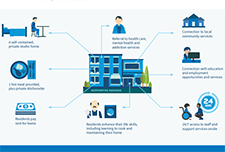
Canada’s Black population has grown significantly over the last two decades and now accounts for 4.3% of the Canadian population. This diverse community includes those with deep historical roots, particularly in Atlantic Canada, alongside recent migrants from the Caribbean, Africa and beyond....
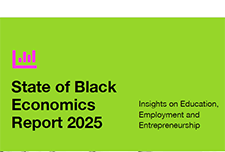
This infographic explores 3 forms of economic abuse and associated tactics used to coercively control intimate partners. These abusive tactics are compounded by economic systems that systemically oppress groups including Black, Indigenous, and people of colour; people with disabilities; people...
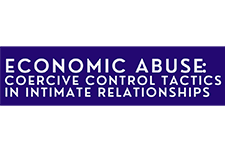
This collection of financial empowerment tools and resources is intended to support both Indigenous and non-Indigenous organizations working to help Indigenous Peoples navigate the receipt of a lump sum payment. It was created as part of the Expanding investor education and protection for...
